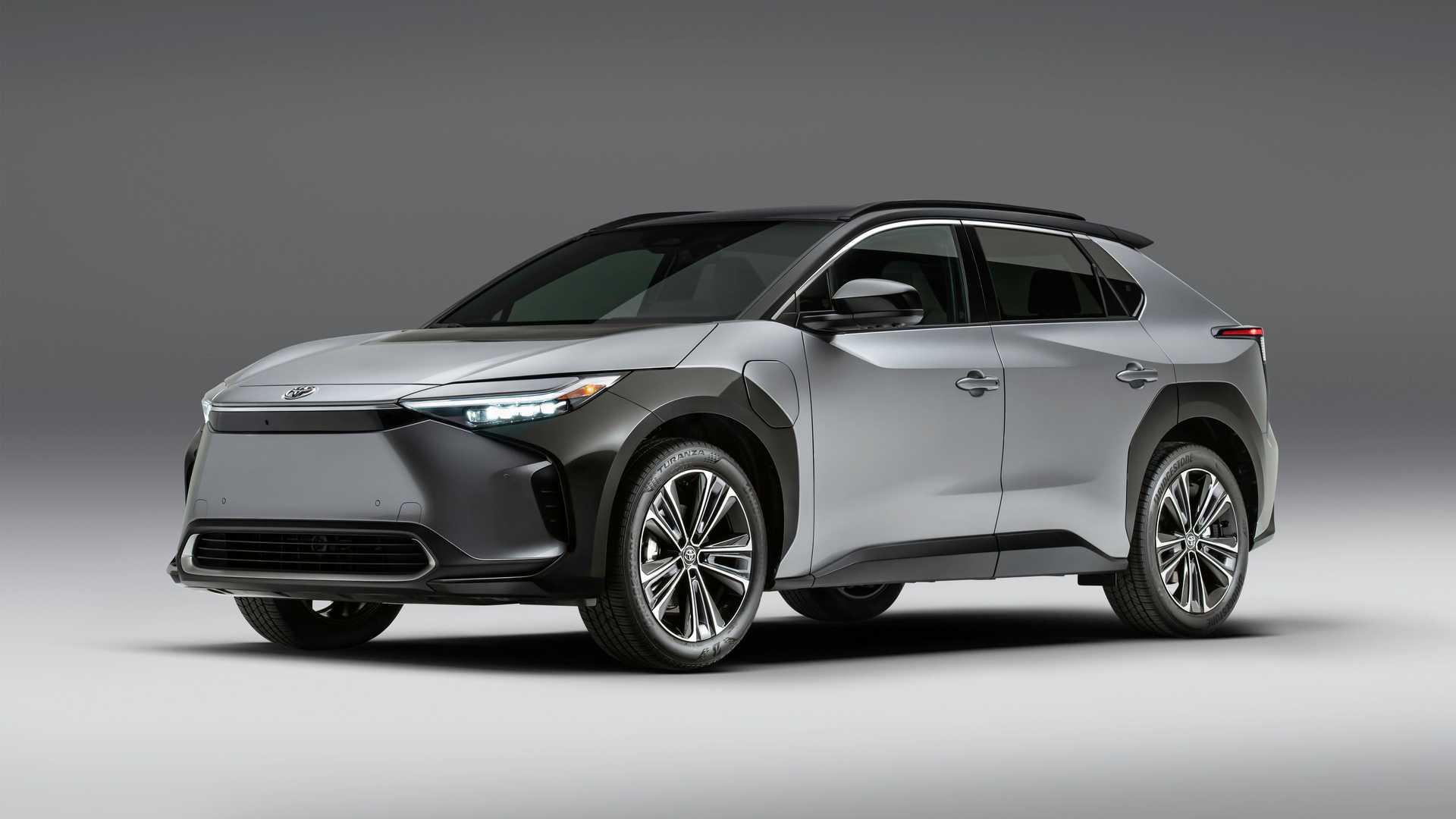Canada has just announced a policy banning the sale of new passenger cars that use internal combustion engines by 2035.
Canada overtook several other countries including the United States
which plans to ban the sale of combustion engine cars. Under the Emissions Reduction Plan, all sales of new passenger cars become zero-emissions models by 2035.
To achieve this target, the Government of Canada is targeting 20 percent of zero-emission vehicle sales by 2026 and 60 percent by 2030.
See also: Canadian government adds more budget for EV subsidiy program
To achieve the emission reduction target, the Government of Canada has set aside US$1.36 billion for incentives to purchase electric vehicles and other zero-emission vehicles.
The government is currently providing incentives of up to $5,000 CAD ($4,010 US) for electric vehicles, plug-in hybrids and hydrogen fuel cell cars.
Some provinces, such as British Columbia and Nova Scotia, offer their own incentives for purchasing emission-free vehicles.
The government is also setting up funds to support renewable energy projects, shrink the oil industry’s emissions and develop “nature-based climate solutions.”
The policy to ban sales of combustion engine passenger cars by 2035 is expected to motivate car manufacturers to accelerate their electrification program.







